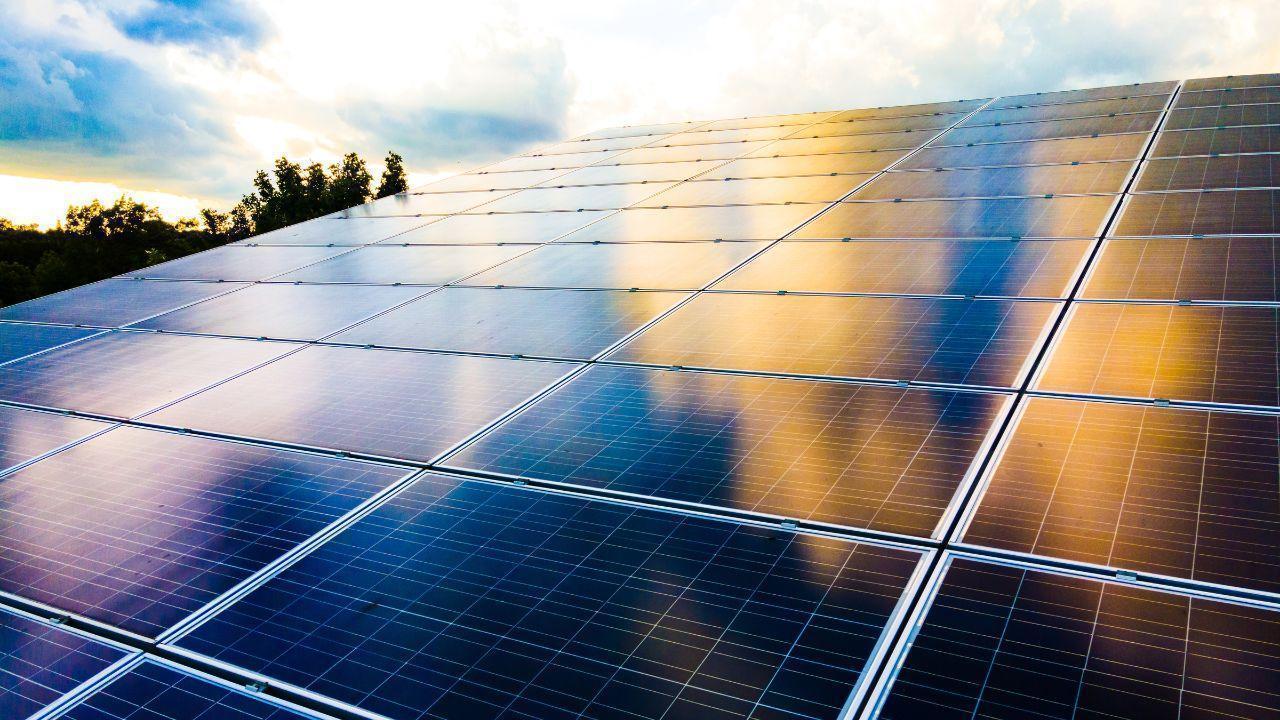
Post by: Vansh Kumar
Climate change is one of the most urgent challenges facing humanity today. As temperatures continue to rise, extreme weather events become more frequent, and ecosystems are disrupted, it’s clear that immediate action is needed to mitigate these effects. Thankfully, advancements in technology offer hope for combating climate change. In this article, we will explore 5 technologies that can help the world fight climate change and how they are already contributing to creating a more sustainable future.
One of the primary contributors to climate change is the burning of fossil fuels for energy. The global shift toward renewable energy sources is one of the most effective ways to combat this problem. Technologies like solar power, wind energy, and hydropower are revolutionizing how we produce electricity, offering cleaner alternatives to traditional fossil fuel-based energy. Solar power, for example, uses solar panels to convert sunlight into electricity, and it has become increasingly affordable and efficient in recent years. Wind energy, captured through turbines, harnesses the power of the wind to generate electricity without emitting harmful pollutants. Similarly, hydropower utilizes the energy of flowing water to produce clean electricity, making it a vital source of renewable energy, particularly in regions with abundant water resources. Collectively, these renewable energy technologies are helping to reduce carbon emissions and make our energy systems more sustainable.
Transportation is another major source of greenhouse gas emissions, particularly due to the widespread use of gasoline-powered vehicles. Electric vehicles (EVs) are emerging as a powerful solution to reduce the environmental impact of transportation. Unlike conventional cars, EVs produce zero tailpipe emissions, significantly cutting down on air pollution. They also help reduce dependence on fossil fuels, as they are powered by electricity, which can be generated from renewable sources. As battery technology improves, EVs are becoming more affordable, with many car manufacturers offering a variety of models to suit different consumer needs. The growing availability of charging stations and advancements in battery technology are making it easier than ever for people to transition to electric vehicles. By replacing fossil fuel-powered cars with EVs, the transportation sector can make a major contribution to reducing global emissions and combating climate change.
Carbon Capture and Storage (CCS) is a groundbreaking technology designed to directly address the issue of carbon dioxide emissions. CCS works by capturing CO2 emissions from industrial sources such as power plants and factories before they are released into the atmosphere. Once captured, the CO2 is transported and stored deep underground in geological formations, preventing it from contributing to global warming. This technology is especially important in sectors that are difficult to decarbonize, such as cement and steel production. By removing and storing CO2, CCS can significantly reduce the carbon footprint of industries that are essential to modern life. While the technology is still in its early stages of development, large-scale CCS implementation could play a crucial role in achieving global climate goals and mitigating the impacts of climate change.
Artificial Intelligence (AI) is another powerful tool that can help fight climate change. AI systems can process vast amounts of data and analyze complex patterns, allowing us to better understand and predict the effects of climate change. AI can assist in climate modeling, providing more accurate predictions about weather patterns, temperature changes, and extreme events. This can help governments, businesses, and individuals prepare for the impacts of climate change and take proactive measures to reduce risks. AI is also playing a crucial role in improving energy efficiency. Through smart systems that can optimize energy consumption, AI helps reduce waste and lower carbon emissions. For example, smart thermostats can adjust heating and cooling systems based on real-time data, while AI-powered appliances can manage energy use more effectively. In agriculture, AI is helping to optimize farming practices, predict weather conditions, and improve crop yields, which can lead to more sustainable food production. By utilizing AI, we can make smarter decisions that reduce our environmental impact and create a more sustainable future.
Agriculture is a major contributor to climate change, particularly through practices like deforestation, overgrazing, and the use of harmful chemicals. However, innovative farming techniques are transforming the industry and making it more sustainable. Vertical farming, for example, allows crops to be grown in stacked layers, often in urban environments, using minimal land and water resources. This method reduces the need for large-scale deforestation and helps conserve precious water supplies. Additionally, precision agriculture, which uses sensors, drones, and AI, optimizes the use of resources like water, fertilizers, and pesticides. This approach reduces waste and ensures that resources are used more efficiently, which can help decrease the environmental impact of food production. Regenerative agriculture is another approach that focuses on restoring soil health, increasing biodiversity, and sequestering carbon in the soil. Techniques such as no-till farming, crop rotation, and agroforestry are helping to rebuild ecosystems and make food production more resilient to climate change. These sustainable agricultural practices can significantly reduce the carbon footprint of food production and contribute to a more climate-friendly world.
This article explores 5 technologies that can help the world fight climate change by presenting innovative solutions in renewable energy, electric vehicles, carbon capture and storage, artificial intelligence, and sustainable agriculture. These technologies are playing a vital role in reducing emissions, improving energy efficiency, and promoting sustainability across various industries. From solar and wind power to AI-powered systems and vertical farming, each of these advancements provides a promising path toward mitigating the effects of climate change. The article emphasizes the importance of adopting these technologies to create a greener, more sustainable future for our planet.
The views and opinions expressed in this article are solely those of the author and do not necessarily reflect the views or opinions of DXB News Network. The information provided is for general informational purposes only. While every effort has been made to ensure the accuracy of the content, DXB News Network makes no representations or warranties regarding the completeness or reliability of the information. Readers should independently verify any facts or information before taking any action.
#trending #latest #RenewableEnergy #ElectricVehicles #CarbonCapture #ArtificialIntelligence #SustainableAgriculture #ClimateAction #TechForGood #GreenTechnology #FightClimateChange #CleanEnergy #EcoFriendly #SustainableFuture #breakingnews #worldnews #headlines #topstories #globalUpdate #dxbnewsnetwork #dxbnews #dxbdnn #dxbnewsnetworkdnn #bestnewschanneldubai #bestnewschannelUAE #bestnewschannelabudhabi #bestnewschannelajman #bestnewschannelofdubai #popularnewschanneldubai

An underwater train from Gurugram to Dubai is set to launch by 2030! Travel faster than a flight while enjoying breathtaking ocean views...Read More.

Explore Dubai's journey from a desert village to a global icon...Read More.














Meta’s AI Research Head Joelle Pineau to Step Down in May
Joelle Pineau, Meta’s VP for AI research, will step down in May after 8 years. She led Meta’s open-s

Real Madrid Edge Real Sociedad in 4-4 Thriller to Reach Final
Real Madrid fought back from 4-2 down to draw 4-4 with Real Sociedad sealing a 5-4 aggregate win. Ru

Nottingham Forest Near Champions League After Elanga’s Goal
Anthony Elanga’s stunning solo goal secured Nottingham Forest’s 1-0 win over Man United, pushing the

Ananya Panday Shines at IPL 2025 with Stunning Dance Performance
Bollywood star Ananya Panday dazzled the crowd at Wankhede Stadium with her energetic dance before M

Foreign Minister Joins Heritage Foundation Discussion in Washington
Dr. Abdullatif Al Zayani attended a session at the Heritage Foundation in Washington, discussing Bah